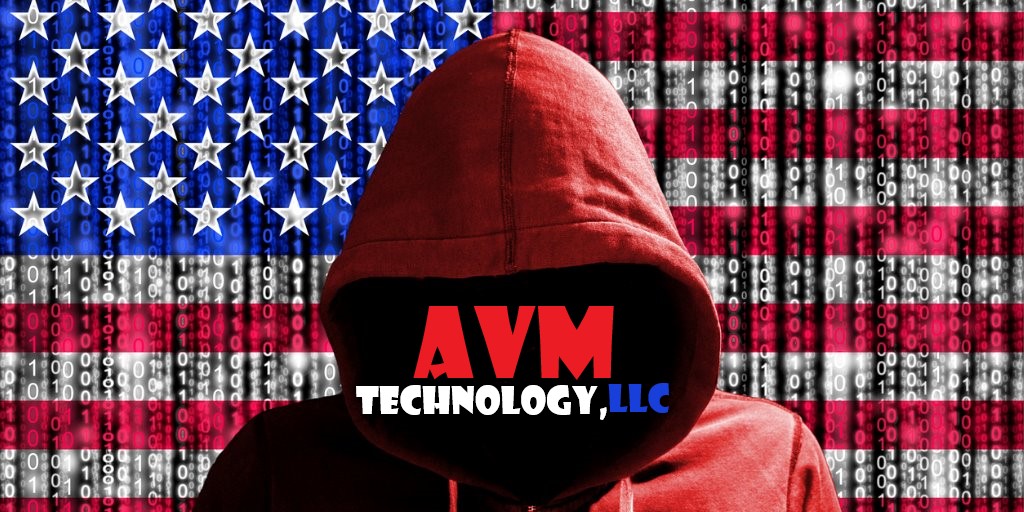Cenveo Corp. v. Copac, Inc.
Cenveo Corp. d/b/a Cadmus Whitehall Group, Plaintiff,
v.
Copac, Inc., Gerald P. Lux, Jr.,
Alan Parnell, Sheldon Rhyne,
David LaLiberte and Al Turi, Defendants.
C.A. No. 7:10-cv-01645-JMC
UNITED STATES DISTRICT COURT DISTRICT OF SOUTH CAROLINA SPARTANBURG DIVISION
Dated: August 15, 2011
ORDER AND OPINION
This matter is before the court on Defendants Copac, Inc. ("Copac"), Gerald P. Lux, Jr., Alan Parnell, Sheldon Rhyne, David LaLiberte and Al Turi's (collectively "Defendants") Motion to Dismiss Due to Failure of Plaintiff to Name an Indispensable Party to the Lawsuit [Doc. 52]. After a thorough review of the memoranda and other documentation in the record, the court grants Defendants' motion.
FACTUAL BACKGROUND
This case arises out of the individual Defendants' resignation of employment with Plaintiff Cenveo Corporation d/b/a Cadmus Whitehall Group ("Cenveo") and subsequent employment and/or affiliation with Copac. Cenveo alleges that the individual Defendants used information and resources gained during their employment with Cenveo to enable Copac to unfairly compete with Cenveo. Cenveo commenced the present action on June 25, 2010, against Defendants alleging causes of action for breach of duty of loyalty, breach of contract, misappropriation of trade secrets, tortious interference with Cenveo's employee contracts, tortious interference with Cenveo's client contracts, violation of the South Carolina Unfair Trade Practices Act, and requesting injunctive relief. Cenveo amended its Complaint as a matter of course on July 28, 2010, to add a claim for slander. Defendants answered Cenveo's Amended Complaint and asserted various counterclaims. Cenveo moved to dismiss each Defendant's counterclaims. See [Docs. 26, 27, 36, 37].
Cenveo also filed a lawsuit in state court against Copac Global Packaging, Inc. ("CGP"), Copac, Inc.'s parent company, in the Spartanburg County Court of Common Pleas on May 11, 2011, asserting allegations similar to the ones Cenveo made in the instant lawsuit against Defendants. Cenveo specifically claims in its state court action that CGP has unfairly competed with Cenveo through its operation of foreign subsidiaries in Asia and the Dominican Republic - the same foreign subsidiaries for which Cenveo seeks to hold Copac liable in the action currently pending in this court.
Shortly before filing its state court action against CGP, Cenveo requested leave to amend its Amended Complaint in this court. [Doc. 51]. Cenveo's basis for requesting leave to amend its Amended Complaint was to add additional individual defendants and to add causes of action against Defendants for aiding and abetting breach of fiduciary duty, computer trespass and alteration of computers and computer information under North Carolina law, civil conspiracy, unjust enrichment, and conversion. These additional claims essentially mirror the claims made against CGP in state court. Cenveo did not request to add CGP as a party to this federal action. Defendants opposed Cenveo's Motion to Amend and filed the instant motion seeking dismissal of Cenveo's claims for failure to join CGP as a required party.
DISCUSSION
Defendants assert that Cenveo's claims should be dismissed for Cenveo's failure to join CGP as a party. Specifically, Defendants allege that CGP is a required party because Cenveo seeks relief for actions attributable to CGP subsidiaries in Asia and the Dominican Republic and such relief cannot be afforded to Cenveo in the current form of the action.
Rule 19 of the Federal Rules of Civil Procedure provides for the joinder of a person or party when:
(1) in the person's absence complete relief cannot be accorded among those already parties, or (2) the person claims an interest relating to the subject of the action and is so situated that the disposition of the action in the person's absence may (i) as a practical matter impair or impede the person's ability to protect that interest or (ii) leave any of the persons already parties subject to a substantial risk of incurring double, multiple, or otherwise inconsistent obligations by reason of the claimed interest.
Fed. R. Civ. P. 19(a). Where joinder is not feasible, a court must determine whether to allow the action to proceed or to dismiss the action because the absent person or party is indispensable. Fed. R. Civ. P. 19(b). In making this determination, the court must evaluate 1) the extent to which a judgment rendered in the person's absence might prejudice that person or the existing parties; 2) the extent to which any prejudice could be lessened or avoided; 3) whether a judgment rendered in the person's absence would be adequate; and 4) whether the plaintiff would have an adequate remedy if the action were dismissed for nonjoinder. Id.
"The inquiry contemplated by Rule 19 is a practical one ... addressed to the sound discretion of the trial court." See Coastal Modular Corp. v. Laminators, Inc., 635 F.2d 1102, 1108 (4th Cir.1980). "In exercising its discretion, the trial court must consider the plaintiff's interest in choosing the parties to the action, the present defendant's interest, the interest of the potential but absent party, and the public's interest in complete, consistent, and efficient adjudication of disputes." Frazier v. City of Norfolk, 236 F.R.D. 273, 275 (E.D. Va. 2006). Generally, dismissal is warranted only where "the resulting defect cannot be remedied and prejudice or inefficiency will certainly result." Owens-Illinois, Inc. v. Meade, 186 F.3d 435, 441 (4th Cir.1999).
In the instant action, Cenveo has made multiple allegations regarding Copac's actions in operating foreign businesses in Asia and the Dominican Republic. Cenveo seeks to hold Copac liable for actions taken by those foreign businesses, ostensibly because Copac has some ownership interest or controlling interest in the foreign businesses. However, Smith Lankford, Chief Financial Officer of CGP, has attested that CGP actually owns and operates Copac and the Asian businesses which Cenveo alleges are owned and controlled by Copac. See Affidavit of Smith Lankford, ¶ 1-3 [Doc. 52-3]. Copac is simply a wholly-owned subsidiary of CGP and operates under the guidance of CGP's board of directors. Id. at ¶ 4. Lankford also notes that CGP, not Copac, is the entity responsible for the Asian businesses and business practices at issue in the case pending before the court. Id.
Many of Cenveo's claims in the case before this court and the case currently pending in state court rest substantially on actions allegedly attributable to the foreign businesses over which CGP maintains ownership or controlling interests. Copac does not own or control the foreign businesses. Without CGP as a party, any judgment in favor of Cenveo against Copac for the actions of foreign businesses over which it has no control would be incomplete. Additionally, because the claims in this case and the state court case are substantially similar, permitting this suit to continue in both the state and federal courts would likely subject all of the parties to conflicting legal obligations in a manner prohibited by Rule 19(a)(2)(ii). Therefore the court finds that CGP is a necessary and required party to this action.
Because joinder of CGP would destroy diversity jurisdiction, the court must next determine whether CGP is an indispensable party.1 First, the court finds that both Copac and CGP will be prejudiced if this case is allowed to continue without CGP. Copac may be subject to a judgment arising from the actions of entities over which it has no control. Additionally, CGP may be subject to the effects of factual determinations made in this case without having had the opportunity to defend the allegations made against it. Such prejudice can only be remedied by joining the appropriate parties to the case. Furthermore, as discussed earlier, judgment would not be complete without CGP. Finally, the court observes that Cenveo may seek complete relief on its claims as to all parties in state court. Accordingly, CGP is an indispensable party to this action, and this case must be dismissed pursuant to Rule 19 of the Federal Rules of Civil Procedure.
CONCLUSION
For the foregoing reasons, Defendants' Motion to Dismiss Due to Failure of Plaintiff to Name an Indispensable Party to the Lawsuit [Doc. 52] is GRANTED. Because the court dismisses Plaintiff's action, the remaining motions pending before the court are moot. [Docs. 26, 27, 36, 37, 51,54].
IT IS SO ORDERED.
--------
Notes:
1. Cenveo is a Delaware corporation, and CGP is a Delaware corporation. Therefore, joinder of CGP as a party to this case would destroy the complete diversity required for the court's exercise of jurisdiction over this matter.

